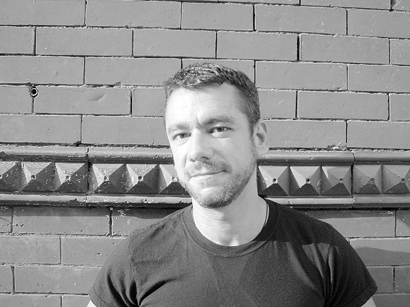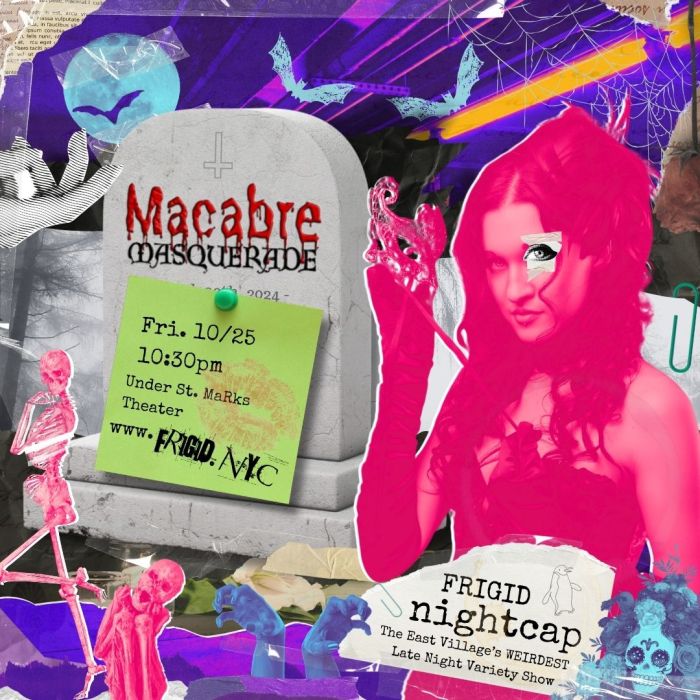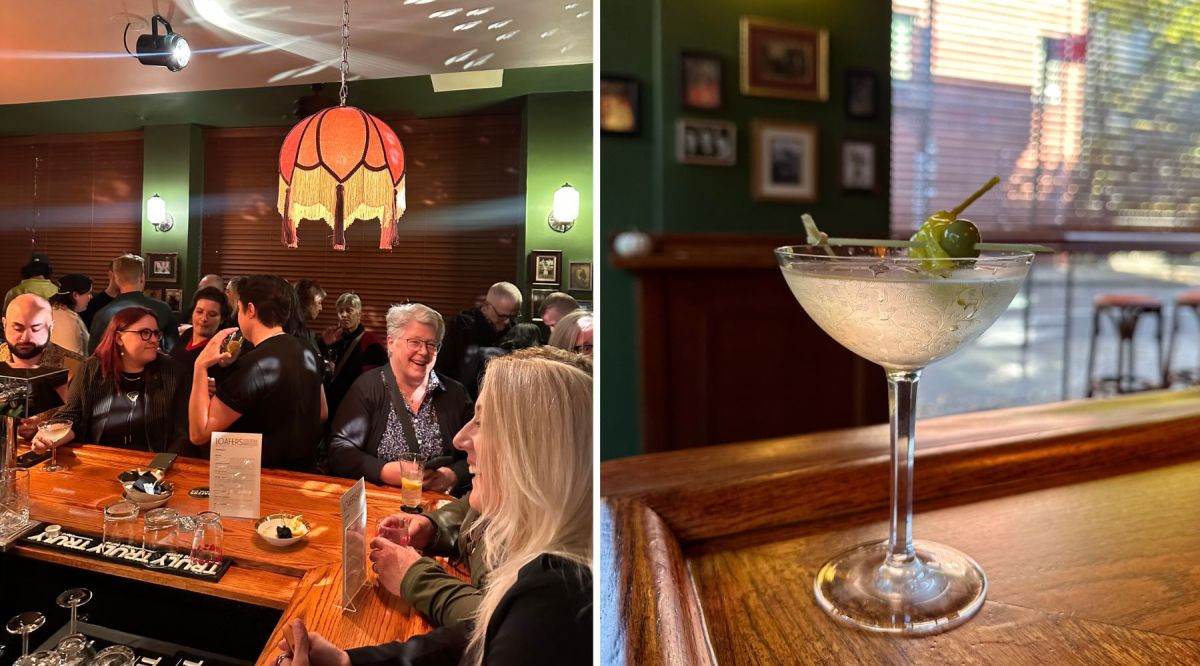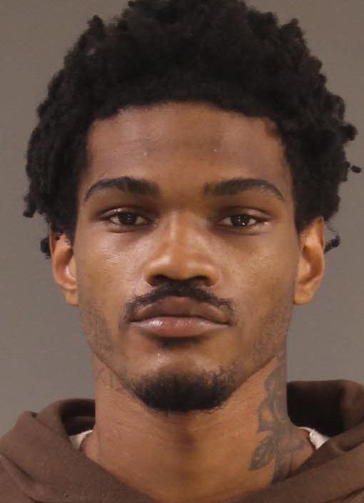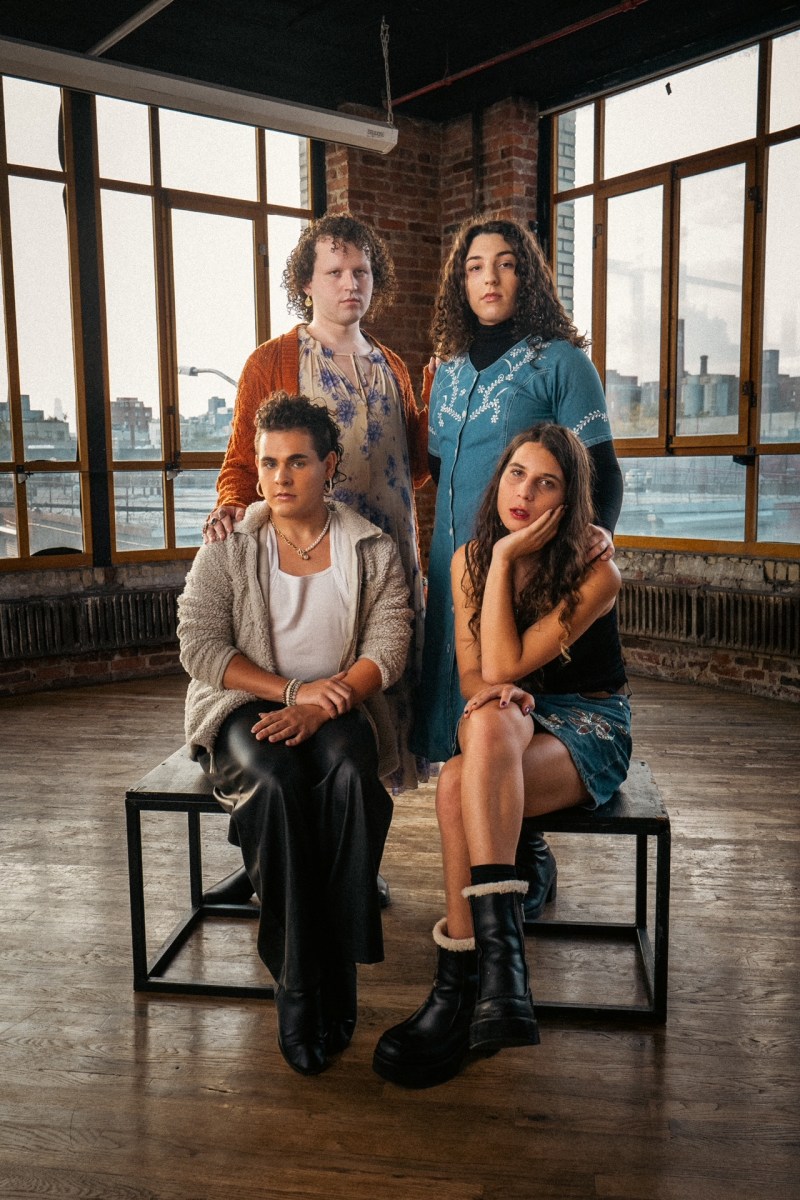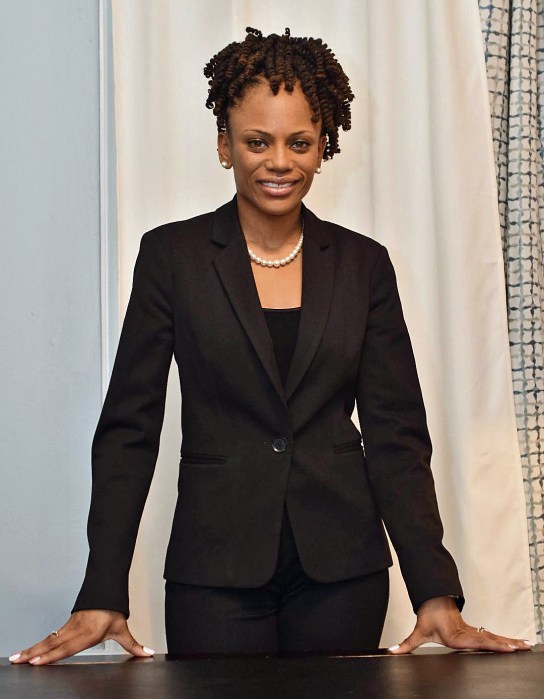Institute to press for research on depression, other gay male challenges
A longtime New York AIDS activist has launched an institute to advocate for research and policies affecting the overall health of gay men.
“It really is like the early days of AIDS in the sense that nobody gives a damn, not even, to be perfectly frank, a lot of the organizations we created,” said Spencer Cox, 37, the founder and executive director of the Medius Institute for Gay Men’s Health.
The institute’s fouding could not be timelier. New data from the federal Centers for Disease Control and Prevention estimates that between 1,039,000 and 1,185,000 Americans were living with HIV at the end of 2003. Of these, 74 percent were men.
Among all the estimated cases, 47 percent were African-American, 34 percent were white and 17 percent were Latino. Asian and Pacific Islanders and Native Americans accounted for just two percent of the cases.
Forty-five percent of all the HIV cases were among men who have sex with men and another five percent were exposed through both injection drug use and sex with men, meaning that gay and bisexual men now account for half of all the estimated HIV cases in the U.S.
Among men, 67 percent of the new HIV diagnoses were attributed to either sex with men or injection drug use among gay and bisexual men.
The new estimates come at a time when many AIDS groups have shifted focus away from gay and bisexual men in favor of populations seen as more politically palatable.
“I think they have tended to de-emphasize gay men,” Cox said.
Cox cited just two New York City groups—the Lesbian, Gay, Bisexual and Transgender Community Center, the institute’s funding sponsor, and the Callen-Lorde Community Health Center—that he felt had done a good job.
“I think the Center has really tried, I think Callen-Lorde has really tried,” Cox said.
The institute will start with a $100,000 annual budget and its first effort will be to promote depression screening as part of the routine medical care for gay and bisexual men that is offered by doctors and clinics.
“Despite the key role that depression and other mental health issues play in influencing risks of HIV and other preventable diseases, gay men’s mental health needs have gone tragically unaddressed,” Cox said in a press statement.
A second effort will be to organize a workshop—The MidLife Project—that will bring together researchers, service providers and other organizations that work with gay men in midlife.
“Essentially our goal for the midlife workshop is to bring in anyone who is working with gay men in midlife,” Cox said.
Gay men in their 30s and 40s, of all races and ethnicities, continue to account for significant numbers of new HIV diagnoses, notwithstanding the often repeated claim that young gay men are most at risk of becoming infected. The workshop will ask, “What are the spiritual needs, what are the emotional needs?” of gay men in midlife, but also seek to understand how drug use, unsafe sex and midlife may intersect.
“It’s the whole sort of nexus of sexual risk-taking, drug risk-taking,” Cox said.
Gay men in midlife may have some unique experiences that affect them. Those men lived through the early years of the AIDS epidemic and saw their friends and peers cut down by the disease.
“We have this enormous, terrible thing that happened to us that we have not confronted at all,” Cox said.
These men may also have grown up in a society that was less accepting of homosexuality than America is today. That is an experience that younger gay men may not share.
“That greater divide is a piece of this,” Cox said. “We’re kind of coping with stuff that the younger kids don’t.”
Ideally, the workshop will set new directions for future research on these matters.
“If we’re going to understand how all these pieces fit together, we’re going to need a broad research agenda,” Cox said.
The Center for Health, Identity, Behavior and Prevention Studies at New York University, the HIV Center for Clinical and Behavioral Research at Columbia University and the Center for AIDS Prevention Studies at the University of California at San Francisco are partners with the institute in the midlife Project.
While the institute will advocate for research, it will not fund research.
“Our goal is to make research happen,” Cox said. “What we will try to do is create funding streams, but not fund directly.”
That is the model used by the Treatment Action Group, Cox’s former employer, which successfully championed progress on anti-HIV drugs. Cox is also a co-founder of the AIDS Community Research Initiative of America and a former member of the AIDS Coalition to Unleash Power, or ACT UP.
While some of the institute’s work will focus on gay men and HIV, that will not be its exclusive focus. Cox said he hoped to look more broadly at a range of issues affecting gay men’s health.
“For so many years, we’ve, of necessity, focused on HIV,” he said.
With effective anti-HIV treatments, he said, it is possible to expand the scope of health efforts on behalf of gay men.
gaycitynews.com

